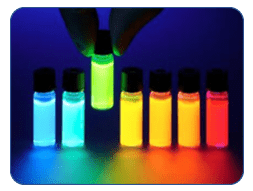Antibody is a kind of promising targeted anticancer agent, which can enhance the function of natural immune system, inhibit the activity of cancer cells and eliminate cancer cells. The successful application of monoclonal antibodies has stimulated the development of various types of therapeutic antibodies, such as antibody fragments, bispecific antibodies and antibody derivatives.
Learn more:mRNA display-based anti-cancer antibody screening services
Introduction to Anti-cancer Antibodies
Now therapeutic antibodies, especially monoclonal antibodies (mAbs), have completely changed the field of targeted cancer treatment. mAb can specifically bind target antigens and induce cytotoxicity by neutralizing or promoting apoptosis, as well as promote innate immune responses, such as antibody dependent cytotoxicity (ADCC), complement dependent cytotoxicity (CDC) and antibody dependent cell phagocytosis (ADCP). Inspired by the successful application of immunoglobulin G (IgG) mAb, other antibody forms (for example, antibody fragments, bispecific antibodies (BsAb) and non IgG scaffold proteins) and antibody derivatives (for example, antibody drug conjugates (ADC) and immune cytokines), they have been accepted as alternative therapies for a wide range of cancers.

